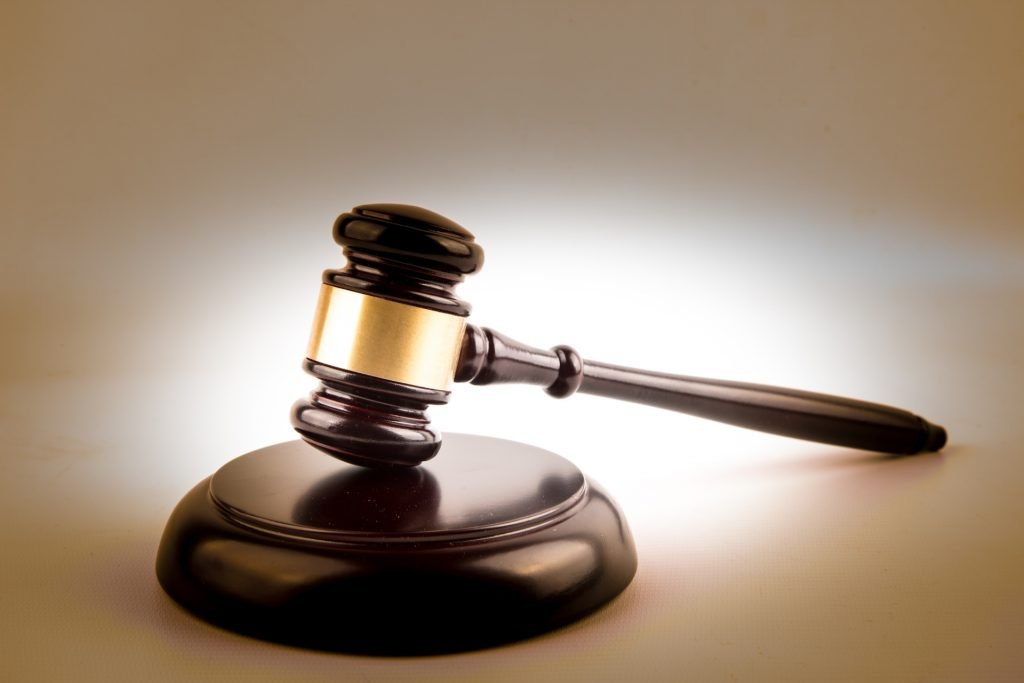Judge quashes request for TT company to give evidence in US

A court has quashed a request from the Central Authority of the Office of the Attorney General to the United States for the owners of a parts dealership to give evidence to be used by the Comptroller of Customs in a criminal prosecution.
Justice David Harris held that the request to get Narish and Vashti Rampersad, owners of M Rampersad and a Miami-based company, Tanelka, to give evidence in the US, under subpoena, which would be used in a customs investigation in TT, was ultra vires section 33C of the Mutual Assistance in Criminal Matters Act.
The Rampersads and their company contended that the Central Authority's request was aimed at compelling them to give testimony and produce certified copies of ownership and invoices in connection with the importation of vehicles and automotive parts into TT.
They argued that if they gave that information in the US, the Comptroller of Customs would use it in investigations to determine whether they are to be prosecuted for criminal offences they allegedly committed in TT.
They said in their evidence that in July 2016, the comptroller investigated them for alleged fraudulent evasion of import duties for vehicles and car parts they bought in the US from Tanelka.
The Rampersads were questioned by Customs in relation to the two subpoenas issued in the US. They exercised their right to silence and against self-incrimination and refused to answer the questions and produce the documents.
They said while they intended to continue to exercise their right to silence and against self-incrimination, as guaranteed by the Constitution, they cannot successfully assert these immunities and privileges on the subpoenas in the US.
While he ruled their rights were not infringed, Harris questioned why the Central Authority bypassed the Office of the Director of Public Prosecutions (DPP).
“It is not easily reconciled by this court that the body with the most expansive and entrenched powers and expertise in criminal matters under the Constitution would be circumvented in favour of the Central Authority as is being suggested by the defendant, unless so provided in clear words to that effect. What could possibly be the reason for this circumvention?
“I have no doubt that the additional workload on the office of the DPP is a consideration and perhaps the fact that a later stage, albeit after the horse bolts, the DPP may enter, take over and discontinue a matter.
“But I am unable to come up with any other that withstands present scrutiny.”
It was the State’s contention that the request to the US was made pursuant to the Treaty on Mutual Legal Assistance in Criminal Matters, and there was no provision which compelled the authority to make a request to the US on behalf of a local prosecuting authority
It also maintained that the power to make such requests was therefore within the Central Authority’s discretion.
Harris said the mutual assistance process, in the court’s view, is made more efficient by providing one conduit for all prosecuting authorities, that being the DPP.
He pointed out that the subpoenas only had a life because of the criminal proceedings in TT.
“At no point has the defendant asserted that the information obtained pursuant to the subpoenas will not be used against the claimants in the local proceedings. Indeed if it is not for that purpose, then why request it at all? If it had no probative value would the DPP have sought the request? Perhaps it is the prospect of having to decipher these considerations, why section 33C was envisaged as creating the sole channel for requests.”
Harris said the provisions of the act did not allow the comptroller to write to the authority to make a request of the US. He said it was only on an application by the DPP, and the grant of a letter of request by a judge or magistrate, that the authority could make that request of the foreign state.
Harris ordered the State to pay 85 per cent of the Rampersads' and their company’s costs.
The Rampersads were represented by Ramesh Lawrence Maharaj, SC, Prakash Ramadhar and Michael Rooplal. Representing the State were
Douglas Mendes SC, Michael Quamina and Vincent Jardine.


Comments
"Judge quashes request for TT company to give evidence in US"